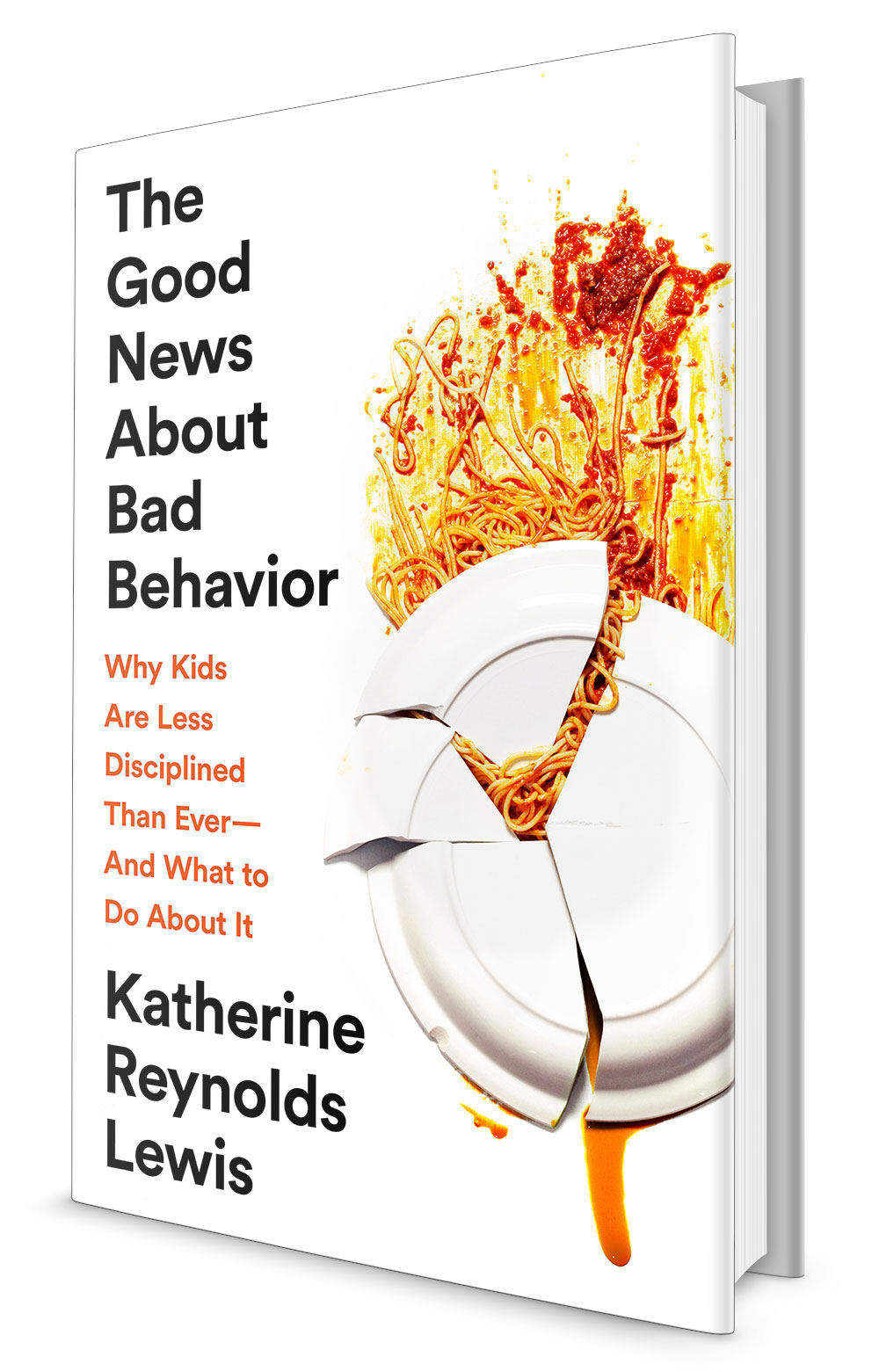Thanks to Care.com for this guest article on how to stay connected – in meaningful ways – to our kids. In a recent survey, almost 80% of parents strongly or somewhat agree that the use of cell phones, social media, and violent video games is resulting in meaner behavior by kids today. BUT, only 15.9% monitor their child’s text messages. This article not only addresses how to stimulate more conversations with your kids, but how to be proactive about potentially dangerous situations early on.
Here are their tips on how to stay “plugged in”…
We all wonder what our children are like in this complex digital world — and whether we can you possibly stay connected to them considering we have trouble just connecting to WIFI in the airport.
Well, we can, and we don’t even need a web guru to do so. Being a plugged-in parent isn’t just about electrical sockets — it’s about being familiar with your child and his life. Here are some tips from our experts on how you can stay connected to your children in this high-speed socially savvy universe.
Get Back to the Basics: Staying Connected Where it Counts
–> Continue to foster a relationship with your child. As Dr. Robi Ludwig, Psy. D., Care.com’s Parenting Expert, observes, “It’s so important to have a relationship with your child from as early on as you can because as kids move on into that peer age group, they develop their own identity and tend to turn to their peers for support. This is healthy. But you want your child to feel comfortable turning to you too — and not just as a last resort.” Hang out with your kids. Let them drag you to movies. Drag them places too. Just have fun,” Dr. Ludwig advises.
–> Don’t take “fine” for answer. “How was school?” invariably elicits a dismissive “fine” from your child. Try being more specific to get them to open up. Ask: Who did you sit with at lunch? Who did you play with at recess? What did you draw in art class? Then it won’t seem strange when you occasionally ask more targeted questions like, Do you ever notice that others are left out? Picked on? Does this every happen to you? Just remember that this is supposed to be a conversation. If it feels like an interrogation, it probably is. Dr. Joel Haber, bully expert and author of Bullyproof Your Child for Life, says, “My feeling is that parents can always create a way for kids to talk to them if they just keep it light.” Editor’s Note: I love this tip — I’d add that asking more open-ended questions may get the dialogue going. It’s hard to get kids to talk, but so important, and such a win-win!
–> Experiment with different times to talk. After a full day of classes and activities with friends, your child just might not be in the mood for a long conversation, much less a heart-to-heart. Rather than forcing one every afternoon or evening, test out other times and places, like the weekly car-ride to Grandma’s, as you tuck him into bed, or after she wins her soccer game on Saturday afternoon.
–> Bring bullying to the dinner table. Initiate a casual conversation about bullying at least once a month. Start the conversation with recent news coverage, personal experience, or a scene from a movie. Then ask if your child has ever seen similar behavior at school. If you are open about bullying, your child will see that it’s an unfortunate, but natural, part of growing up rather than a unique and totally humiliating event. Dr. Haber notes that this openness makes children more willing to come to you if they are bullied.
–> Raise upstanders, not bystanders. Whenever and however bullying does come up in conversations at home, encourage your child to take action. Instead of focusing on confronting the bully — which can be scary and dangerous — urge your child to support the bullying victim. First, help your child empathize with the victim by asking how he would feel if he had been the target. Then suggest that he do something nice for the bullied child, whether it’s eating lunch together, alerting an adult or simply saying, “I wish I could have helped.”
–> Be a role model. “Kids follow more what their parents do than what they say,” notes Dr. Haber. We’re all human. So we’re all imperfect and we all use some bullying behaviors. Sometimes we gossip. Sometimes we have cliques. Sometimes we start rumors. It doesn’t mean we’re all bullies all the time, but most of us are bullies some of the time. Own up to it. Then when you catch the behavior, take advantage of the moment to teach your child a lesson. Talk about it and admit that it’s not cool behavior.
–> Create a network. If there are adults in your child’s life, you may find that he/she feels more comfortable talking with them. Ask a babysitter or aunt if she’s noticed a change in behavior. Check with the mom of her best friend to see if she’s heard anything strange. Create a network of people who care about your child – and whose children you care about – and offer to exchange information.
Care.com is the premier source of trustworthy care options for children, pets, elderly parents and your home. In addition to the network of trusted care providers, Care.com features a variety of articles and guides to provide in-depth information about specific care services and issues.








Leave A Comment